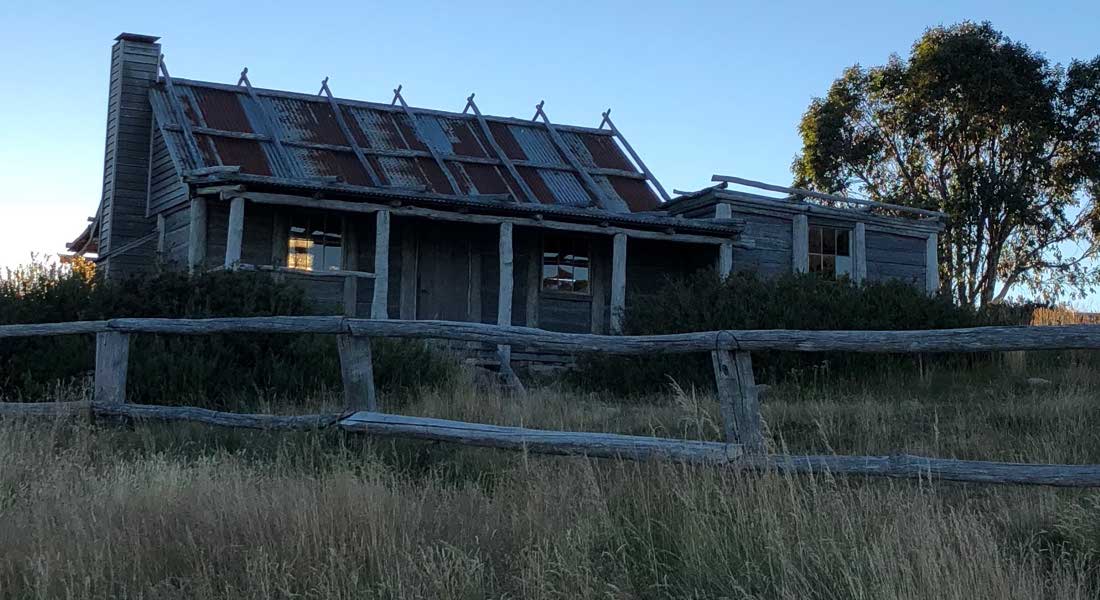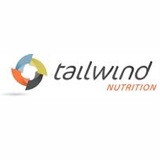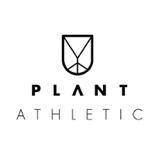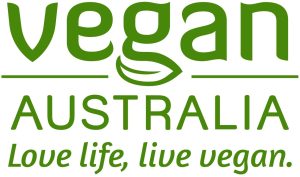Nutrient Deficiency – Iron
Can you run an endurance trail run in the mountains with over 5500m+ of ascent, be a female athlete and be low in iron?
This is not the question I wanted to find out the answer too but 3 days before running Oscars Hut2Hut 100km run starting at Mt Buller, 1,805m above sea level I received a call from my local GP with the news I didn’t want to hear; you are extremely low in iron and we need to book you in immediately for an iron infusion. So with this news, I went into this race with one thought and mantra in mind – I am Iron Woman.
The iron infusion was booked in for a week after I ran the 100km event.
Are you low in iron?
Symptoms can include
- Fatigue
- Tiredness
- Breathlessness
- Decreased immunity
High-risk groups include
- Menstruating women
- Pregnant women
- Teenage girls
- Female athletes
Common causes
- Inadequate dietary intake
- Blood loss
- Chronic fad or crash dieting
- Increased need
- Inability to absorb iron
- Excessive exercise regime (hard training promotes red bloody cell production, while iron is lost through sweating)
Facts about Iron
Why is iron so important?
In short, iron is required by the body to carry oxygen in the blood to each of the body cells, in turn giving us energy. It also plays a key role in the production of our immune system and in the mental process surrounding learning and behaviour. Lack of iron can lead to an iron deficiency and anemia.
The amount of iron absorbed from food is dependent on its source. It can be from animal flesh (Haem iron) or both plant and animal foods (Non-haem iron). It is true that Non-haem iron is absorbed at a less efficient rate than Haem iron however it doesn’t mean its not absorbed and that you cannot survive on it alone. In the case of a person adopting a vegan/vegetarian diet, ensuring you eat iron rich foods with a source of vitamin C, will greatly improve absorption and avoid tea and coffee as the tannins interfere with iron absorption.
Iron in Food
If you are extremely low in iron your diet alone will not be enough to boost your levels; even if recommend by some health professionals to eat a steak daily! However its still recommended to ensure you are eating iron rich foods daily as this will help maintain iron levels once they have been bought back to normal.
Is iron only found in red meat?
Some people believe this to be so; I’m here to tell you otherwise. If you follow a vegan diet; you have an abundance of plant-based foods to help support iron intake. Phew, panic over!
Dietary sources of iron for a plant-based vegan diet
- Pulses (chickpeas, baked beans, kidney beans)
- Wholegrains
- Soy products (tofu, tempeh)
- Dried Fruits (apricots, prunes, dates, figs)
- Seeds (pumpkin, sunflower)
- Dark leafy greens (kale, silverbeet, broccoli, edamame)
- Cacao
- Fortified cereals
Plant-based meals*
- Tofu & Spinach cannelloni
- Yellow lentil (dhal) and coconut curry with cauliflower
- Creamy pasta with asparagus and peas
- Moroccan chickpea soup
- Black bean chilli
- Brown lentil and quinoa burgers
- Tofu skewers with a satay sauce
- Edamame hummus
*Keep an eye out over the coming weeks for our featured iron rich recipes
Further benefit your iron absorption and intake
- Eat iron rich foods with every meal
- Consume iron-fortified foods (meat substitutes for example)
- Eat/drink vitamin C at the same time as consuming iron rich foods
- Consume fermented foods such as tempeh and miso
- Sprout grains, seeds and legumes
- Activate your nuts by soaking them
- Soak pulses prior to cooking
Supplementing Iron
Before taking any over-the-counter supplements please visit your doctor or health practitioner first. Depending on your levels, oral supplements may not be sufficient and you might be recommended intravenous iron therapy as a course of action to help increase your levels. Yes you maybe feeling tired, sluggish and fatigued but please don’t reach for the supplements unless you have actually been diagnosed with an iron deficiency. Your iron status is easily checked by a simple blood test.
Be patient
Depending on the course of action you are advised to take, it can sometimes take up to a several months before you see any noticeable increases in your blood iron levels. With this in mind and due to my iron levels fluctuating greatly I am now booked in to have a blood tests every 3 months. By having my tests of regularly I can keep on top of my levels and receive a top up outside of my diet & supplementation prior to any big races I have planned. Its good to plan ahead and stay on top of these issues because as I found out, its definitely not easy running an endurance race in altitude when your system in running on empty.
To read about my Oscars Hut2Hut race, running on empty click here.











Leave a Reply